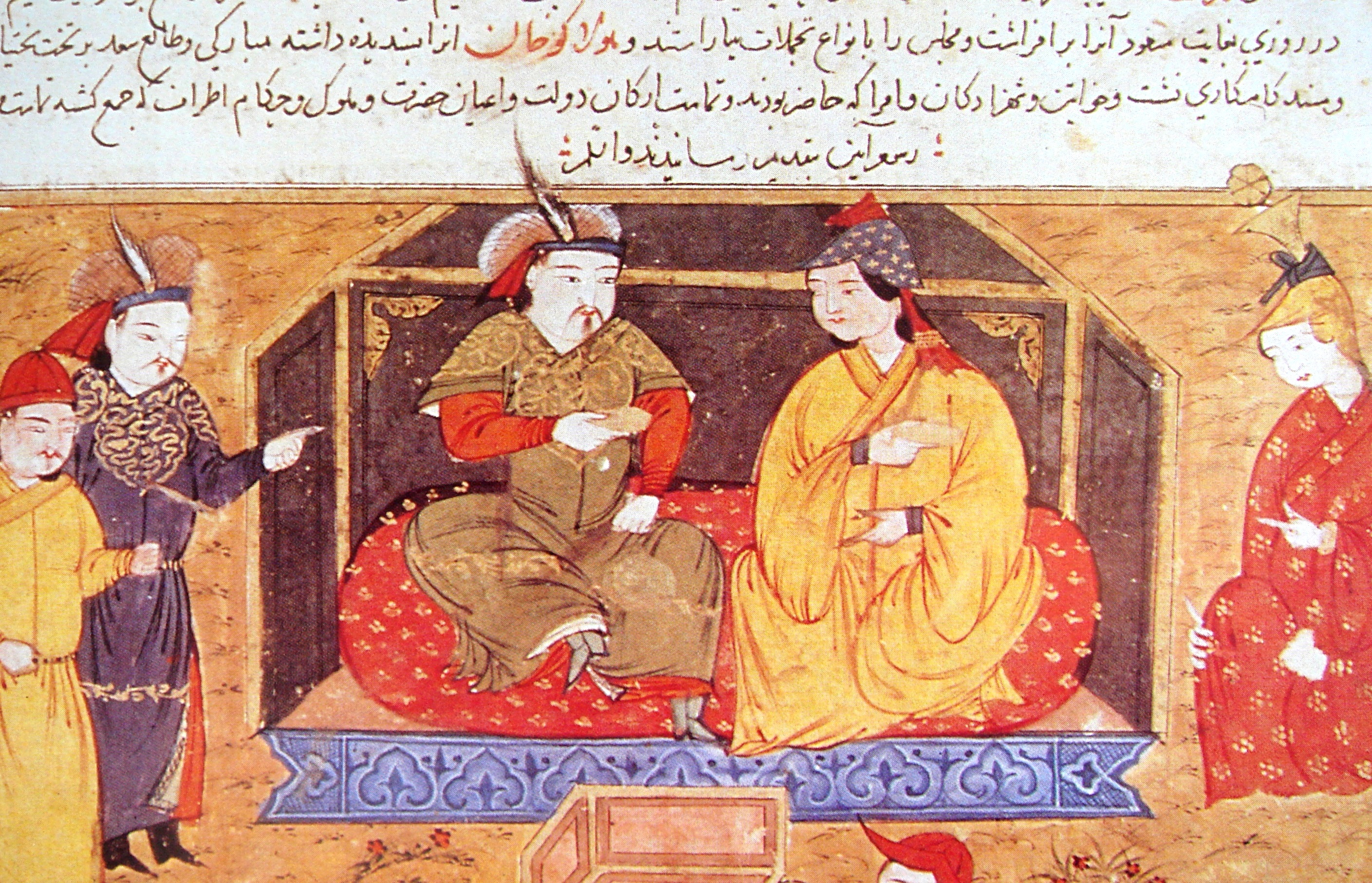A fresh article in the Chronicle of Higher Education has a few home truths all ’round. I quite agree that the bifurcation of research from teaching as goals of the university has produced bad results, though I also agree that almost every radical reform of that system has introduced far worse evils in the place of the ones we now have.
[My solution, tentatively, is to keep teaching for all I’m worth, ratcheting up the intellectual demands I make on students while directing them to research better understandings and solutions, and hope for better days. Unfortunately, government finance and government meddling combine to make reading, writing, and teaching much harder than it needs to be–and to divert time and effort into compliance with memos and forms dear only to educrats and administration, those self-replicating evils of the (education) SYSTEM to which we are indentured.]

One source of my frustration is the blinkered understanding of education espoused by politicians right and left, which amounts to a substitution of the goals of single-axis-of-value political economics for the goals of educators:
On his website, McCrory speaks of the need to “align higher education with changing market needs.” […] To a certain extent, the Obama administration, with its blurry vision of rating colleges according to “labor-market outcomes,” shares this rationale. […]
It’s a deceptively difficult argument to neutralize. Scholars generally push back by uttering something about “critical-thinking skills.” We’ve been reflexively mouthing that line for decades. As we say it, however, our thoughts are actually concentrated on making next week’s deadline for a research grant. What we really need to argue, or, better yet, prove, is that the college classroom and its personnel transmit lessons and intangibles that are invaluable to the nation’s well-being.
(source: Teach or Perish – The Chronicle Review – The Chronicle of Higher Education)
Agreed. But there is a cultural feedback loop problem, here; how does one demonstrate the worth of textiles in a culture where salt and arable land, rather than wearable clothes and cattle, are the marks of wealth? How does one justify Socrates to Athens, or Locke to Genghis Khan, or Kublai’s paper money to Saladin? And how does one justify the effort required to become someone who thinks in paragraphs, and with footnotes, who evaluates contingencies while postponing conclusions, to a culture where yesterday’s constitutional crisis is irrelevant to the one we provoked today?
Two conservative writers, Jonathan Riehl and Scot Faulkner, invoked some of these themes in a rejoinder to McCrory. They chastened the Republican governor for espousing “anticonservative” principles. “The notion of colleges and universities as factories for job-performance,” they wrote, “smacks much more of leftist, socialist societies where individuals were not valued for their knowledge or perception but for their ability to perform tasks.” They also doubted that McCrory’s initiatives would make graduates more competitive in global markets. “Is it not practical in preparation for entering the work force,” ask the authors, “to have read deeply in philosophy, cultural history, politics and literature?”
Those are the types of talking points that all professors should be voicing. Whether we are conservatives, liberals, or radical leftists, whether we work in private or public institutions, whether we are contingent or noncontingent faculty, we need to proclaim these truths together. Regrettably, we are so comically atomized as a guild that we’ll never unite to protect our mutual interests.
(source: Teach or Perish – The Chronicle Review – The Chronicle of Higher Education)
I hope that his conclusion is wrong, and I intend to do what I can to make it so. See also Roth, “Beyond Critical Thinking”; and Orwell’s venerable “Politics and the English Language.”
An enumeration I made aeons ago, for use in my own teaching:
The liberally educated person
- confidently seeks answers to significant questions;
- does not use answers to deflect questions.
- boldly expects truth to withstand scrutiny;
- refuses to suspend truth from lesser materials.
- stubbornly asserts that learning has value independent of its pragmatic “payoff”;
- refuses to choose between science and art.
- relentlessly pursues the common good;
- refrains equally from selfishness and abstract humanitarianism.